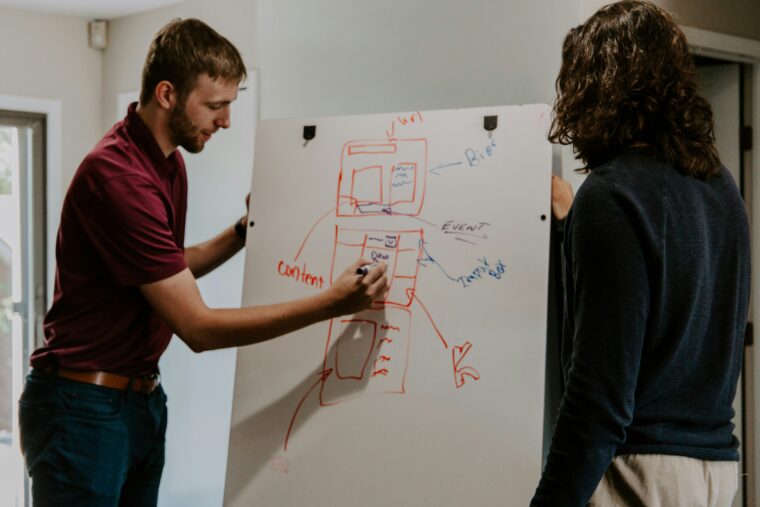
In the evolving landscape of UK family law, the spotlight is increasingly on non-court dispute resolution (NCDR). As mediators, we are often asked about our role and how it intersects with that of family lawyers. This post aims to clarify a fundamental principle. Far from diminishing or competing with the lawyer’s role, mediation aligns with it, enhancing the opportunities for lawyers to do what they do best. Let’s explore why this collaboration is key to achieving the best outcomes for separating families.
Legal Advice in Family Mediation: A Mediator’s Perspective
The UK family justice system is undergoing significant shifts. With the April 2024 changes to the Family Procedure Rules effectively mandating NCDR, and the Divorce, Dissolution and Separation Act 2020 streamlining no-fault divorce, mediation is front and centre more than ever. These developments underscore a collective drive towards more amicable, efficient, and cost-effective solutions for families going through divorce and separation.
As family mediators, our core function is to provide a neutral, impartial space where separating people can discuss and negotiate arrangements for children and / or finances. We assist with communication, help identify common ground, and guide individuals towards mutually acceptable solutions. What we don’t do is give legal advice or make decisions for the parties.
Why Legal Advice is Crucial During Mediation
Even in the most collaborative mediation, parties need to understand their legal rights, obligations, and the potential implications of any proposed agreement. This is particularly true when dealing with complex issues such as pension sharing orders, which are becoming increasingly pivotal in financial settlements, or intricate child arrangements in modern families.
Independent legal advice ensures that clients make confident and considered decisions. A mediator can offer general legal information to frame discussions, but it is the solicitor who provides specific, tailored advice on how the law applies to their client’s particular circumstances. This legal guidance empowers clients to negotiate effectively, knowing their legal position and safeguarding their long-term interests. Without it, parties risk agreeing to terms that may not be sustainable and which may lead to future disputes.
In addition, mediators are required to assess cases for safety and suitability and to draw clear conclusions as to why mediation in a particular case is appropriate. In cases that are not suitable for mediation, a lawyer’s swift involvement is clearly critical.
Lawyers and Formalising Agreements
A common misplaced expectation amongst clients is that once an agreement is reached in mediation, the process is complete. In reality, mediated agreements, usually summarised in a Memorandum of Understanding, are not legally binding on their own.
It is the family lawyer who takes the proposals and drafts them into legally enforceable documents, such as a Consent Order for financial matters or a Child Arrangement Order. This formalisation process ensures that the agreement is effectively implemented and can be enforced by the courts if necessary.
Collaboration = Better Outcomes
From a mediator’s perspective, working hand-in-hand with family lawyers is the ideal scenario. This collaborative model offers significant advantages:
• For Clients: They benefit from both the constructive, empowering environment of mediation and the robust legal protection and expertise provided by their solicitor. This leads to more durable agreements and reduced stress.
• For Lawyers: Referring suitable cases to mediation frees up valuable time, allowing them to focus on complex legal drafting and high-value advisory work. It also aligns with the ethos of organisations like Resolution, which champion non-confrontational dispute resolution.
In conclusion, family mediation and independent legal advice are not mutually exclusive; they are complementary pillars of a modern, effective family justice system. As mediators, we deeply value the expertise of family lawyers and actively encourage clients to seek their counsel. By working together, we can ensure that separating families receive comprehensive support, leading to legally sound, sustainable, and truly client-owned solutions.
